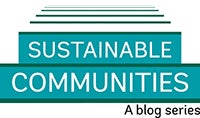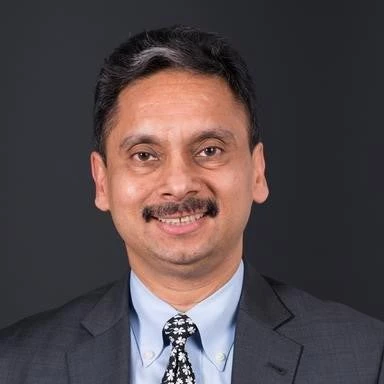
While many of the struggles that LGBTI people face are all too familiar – violence, stigma, discrimination – we’ve just returned from the fourth Global LGBTI Human Rights Conference in Uruguay full of stories of positive change. We’re invigorated about the increasing potential for the Bank to be a valuable partner to our clients and LGBTI citizens around the world.
The momentum for greater progress was salient during the conference, with a diverse and organized base of civil society organizations standing together and ready to engage their governments and the international community. Brave activists and representatives of civil society told their challenges to inclusion as well as stories of courage and resilience.
It was clear from Montevideo that many governments have recently made moves to include LGBTI people: from the decriminalization of sodomy in Mozambique and the Seychelles; to LGBTI protections in the Nepalese constitution; to employment non-discrimination in the Ukraine.
This agenda is not limited to rich countries or to the West. Last month in Geneva, a coalition of Latin American states that sponsored and fought, alongside 41 other countries and global civil society, to create the new position of Independent Expert on LGBTI people at the Human Rights Council. And in Montevideo, a diverse coalition of states from Eastern and Western Europe, Latin America and Oceania formed the Equal Rights Coalition.
Uruguay has been leading the way in tackling LGBTI exclusion. Its experience shows the benefits when LGBTI activists ally with other excluded groups – such as afro-descendants, feminists, and people with disabilities. Change has also been guided by data, with questions in the 2011 census and regular national poverty surveys, as well as the fielding of a census of the transgender population. These efforts have led not so much to special programs for LGBTI people, but to efforts to make general services open and responsive to all.
We’ve come back with three takeaways for the World Bank Group:
- We need to be ready, now. Clients have started asking us for specific support, including facilitating peer-to-peer exchanges and supporting data analysis.
In response, we are conducting trainings in Washington and country offices to equip staff with knowledge and tools, and the imminent hiring of a SOGI Advisor will help bolster our ability to respond.
- Data, data and more data. Governments and civil society are looking to the Bank to help them understand the socio-economic costs of exclusion and develop ways to measure whether policies and programs are working.
To meet this demand, a new partnership between the Bank and the UN on data and evidence (founded on our joint paper – Investing in a Research Revolution for LGBTI inclusion) will help us support our clients.
- We can tap the potential of our projects. Our education projects can build on work by UNESCO to address bullying and exclusion in schools; our employment operations can think about how to reach transgender people who are particularly at risk of employment discrimination; and our health investments can target LGBTI youth who suffer alarming rates of depression and suicide.
Innovative work is being done in Montevideo to create inclusive market spaces, and broader efforts encourage non-discriminatory employers. These can inspire coalitions between the World Bank Group’s International Finance Corporation, progressive corporations, and LGBT chambers of commerce to find solutions to stigma and exclusion.
Despite progress in Uruguay and elsewhere, development outcomes for LGBTI people remain grave. By some accounts, the average life expectancy of a transgender woman in Argentina is less than half the general population. And almost a fifth of all intersex people in Australia have attempted suicide.
Without the inclusion of LGBTI people we will not be able to eliminate extreme poverty and achieve shared prosperity. Inspired and humbly learning from those who risk their safety every day to make progress, we stand ready to support.





Join the Conversation